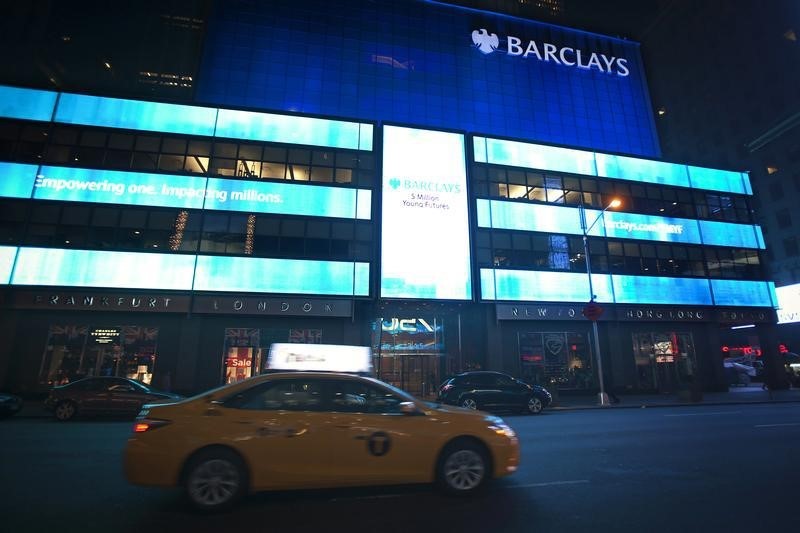By Jonathan Stempel
NEW YORK (Reuters) - Barclays (LONDON:BARC) Plc failed to persuade a U.S. judge to dismiss a lawsuit accusing the British bank of defrauding shareholders about a private "dark pool" trading platform even as it was publicly pledging to clean up its corporate culture.
U.S. District Judge Shira Scheindlin in Manhattan on Friday allowed most of the lawsuit brought on behalf of investors in Barclays' American depositary shares to go forward.
The share price slid 7.4 percent last June 26 after New York Attorney General Eric Schneiderman accused Barclays in his own lawsuit of concealing how it favoured high-speed traders in its dark pool, known as Barclays LX, and understated their activity.
Shareholders led by Mohit Sahni and Joseph Waggoner accused Barclays of falsely touting the safety of Barclays LX, even as it promised governance reforms in the wake of its $453 million (298.49 million pound) settlement in June 2012 of regulatory charges that it rigged the Libor interest rate benchmark.
Scheindlin said the lawsuit "adequately alleges Barclays' past scandals, its efforts to restore its reputation, and, most significantly, misrepresentations that go to the heart of the firm's integrity and reputation.
"I cannot conclude as a matter of law that there is not a substantial likelihood that a reasonable shareholder would consider the misrepresentations about LX important in deciding how to act," she wrote.
Scheindlin also said the investors offered "strong circumstantial evidence" that William White, an electronic trading chief at Barclays, intended to mislead people through his public comments about Barclays LX, and that this could be imputed to Barclays itself.
The judge did not rule on the merits of the lawsuit, which seeks class-action status on behalf of ADS investors from Aug. 2, 2011 to June 25, 2014. She dismissed claims against two individual defendants.
Barclays in a statement said it is pleased that some claims were dismissed, and believes the surviving claims have no merit. Jeremy Lieberman, a lawyer for the shareholders, said "we are very gratified" at the outcome.
Dark pools were designed to let people quietly trade shares before investors in the broader market could learn about and bet against their trades.

On Feb. 13, a New York state judge rejected Barclays' request to dismiss Schneiderman's lawsuit, which included a claim under the Martin Act, a powerful state anti-fraud law.